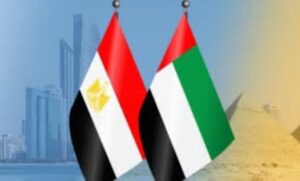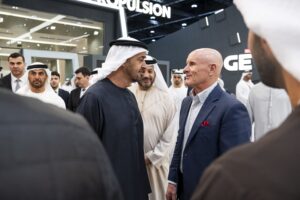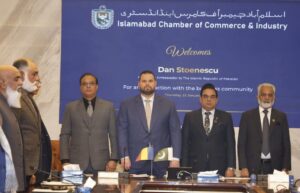UAE and Malaysia Conclude CEPA Negotiations

Kuala Lumpur, The Gulf Observer: Dr. Thani bin Ahmed Al Zeyoudi, the Minister of State for Foreign Trade of the United Arab Emirates (UAE), and Zafrul Aziz, Malaysia’s Minister of Investment, Trade and Industry, announced the successful conclusion of negotiations for a Comprehensive Economic Partnership Agreement (CEPA) between the two nations. This agreement aims to eliminate or lower tariffs, reduce trade barriers, promote private-sector collaboration, and establish new pathways for investment.
The CEPA builds on the strengthening economic ties between the UAE and Malaysia, with bilateral non-oil trade surpassing US$4.9 billion in 2023. In the first half of 2024 alone, non-oil trade reached US$2.5 billion, marking a 7 percent increase compared to the same period in 2023.
Currently, Malaysia ranks as the UAE’s 12th-largest trading partner in Asia and fifth among ASEAN countries. Conversely, the UAE is Malaysia’s second-largest trade partner in the Arab world, accounting for 32 percent of Malaysia’s total trade with Arab nations. Notably, the UAE is the destination for 40 percent of Malaysia’s merchandise exports to the Arab region.
Dr. Al Zeyoudi emphasized that the UAE’s ongoing progress in finalizing Comprehensive Economic Partnership Agreements with promising economies worldwide reflects the forward-thinking vision of the nation’s leadership. He highlighted the strategic partnerships aimed at boosting trade, investment flows, and sustainable economic growth.
He remarked, “The latest milestone in our relations reflects the productive ties that have developed between the UAE and Malaysia—and Southeast Asia as a whole. Malaysia is a long-standing and trusted trade partner that, like the UAE, is seeking to enhance its economic prospects through increased trade and targeted investment. As the fourth-largest economy in Southeast Asia, Malaysia presents substantial opportunities for our exporters and industrialists, particularly in high-growth sectors such as energy, logistics, manufacturing, and financial services.”
In response, Zafrul Aziz noted that the CEPA represents Malaysia’s first Free Trade Agreement with a Gulf Cooperation Council (GCC) nation. He expressed confidence that the agreement will enhance trade, increase investments, and deepen economic ties between Malaysia and the UAE. He pointed out that the UAE serves as a strategic hub for Malaysian exporters seeking access to markets in the Middle East, North Africa, and parts of Europe. Under the CEPA, Malaysian exports, including electrical and electronics, machinery, jewelry, prepared foodstuffs, tropical fruits, palm oil, cocoa, and rubber, will benefit from zero import duties upon the agreement’s implementation.
“The CEPA is also a strategic lever for UAE-based companies to optimize Malaysia as a gateway into the ASEAN market, providing tremendous opportunities for our businesses, particularly SMEs, through integration into regional supply chains and capacity-building,” Zafrul Aziz added. He expressed eagerness to collaborate closely with Dr. Al Zeyoudi to ensure the swift ratification and implementation of the CEPA.
The UAE’s CEPA program aims to elevate the country’s non-oil foreign trade to AED4 trillion by enhancing relations with strategically significant markets globally. The initiative has already strengthened ties with the ASEAN bloc, with Comprehensive Economic Partnership Agreements with Indonesia and Cambodia currently operational, further accelerating bilateral trade.


